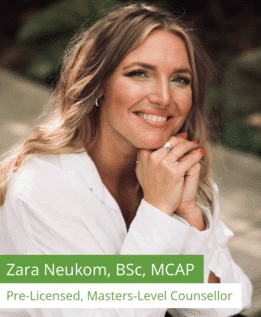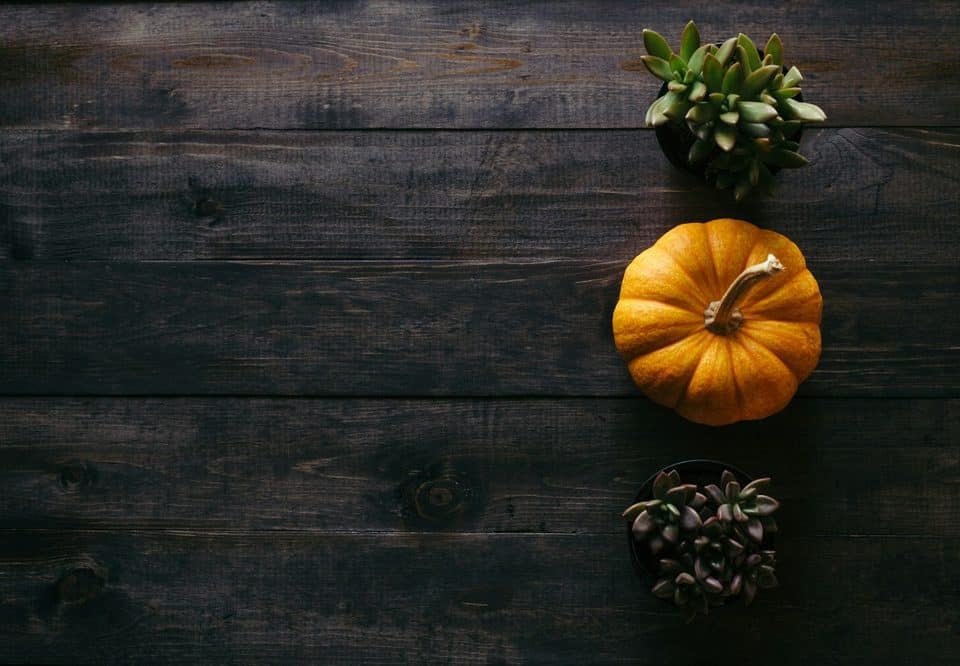
On Goal Setting: New Month, New Approach to Goals
February 1, 2022
Hope Is a Thing with Feathers*: A poem for the loved ones of a child with an eating disorder
June 1, 2022By Zara Neukom BSc, MACP
It’s true, the last two years have sent us into a collective tail-spin. And we are confronted daily with the complexity of our times. If we take inventory of what has happened over the last two years, it’s easy to get lost in it all. We have faced a global pandemic, political unrest, the resurgence of propaganda driven media, extreme climate events, and collective reckoning with systemic oppression and violence. And we are holding all of this, while expecting ourselves to continue, as if nothing has changed. No wonder we are all exhausted and overwhelmed.
There is no easy way to continue forward, when forwards feels like staggering through uncertainty (or at least that’s how my clients have described it). If I spend some time here, I start to wonder if there is another way through this and what that might look like…I wonder if we can acknowledge these strange, challenging times and also invite in the possibility of hope.
Over the last two years, as my own form of balm, salve, sense of safety, I have turned to thought-leaders and philosophers who ask the questions I often ask myself…Questions like, what do we do with this upheaval? How can we learn from it? What is this telling us about what we value, how we operate, and what we stand for?
One of these thinkers, Daniel Schmachtenberger, underscores that at the core of existential struggle is our inability to make sense of things. We cannot hold all the complexity that is being asked of us, and instead we react with pejorative exclamations and cling, with ferocious certainty, to our biases.
I cannot possibly place all of Schmachtenberger’s insight into this blog, so instead, I’ll highlight the pieces that I have taken away and assume, that you, reader, proceed with an open heart.
*
When we feel shaky, when our world-view is holding on by a thread, let us be reminded of our shared human-fabric:your neighbor may be pro-vax; anti-vax; resist climate change; believe in climate change; or stand for all things directly in opposition to your beliefs. However, at their core, they are in this life thing, like you. They are equally shaped by their upbringing and experience and their perspective, like yours, is a product of their life story.
When I open to this and consider it, I start to feel a sense of curiosity unfold…I wonder if you feel it too?
Might you consider that what “separates” us, is actually the very essence of our unification. We all care deeply for our loved ones; we value being seen, heard, protected, and purposeful; and we want to live in a world where our values are integrated and reflected back to us.

Let’s take a pause here. Maybe a breath. Because when things get complicated, we want to double down on what we can control; we have a deep, innate desire to find direction, truth, and structure. We want simplicity and answers, and perhaps we are hardwired for such tasks. Yet, now, in this unknown world, we don’t have the luxury of black and white.
If we cannot compartmentalize or categorize for safety, I wonder if a possible answer lies in intentional resistance, in doing the opposite of what is “normal”, and by learning to embrace more complexity instead of less.
I am reminded of Carl Jung’s discussions on polarity. Such that learning to hold the tension that results from opposite elements gives rise to transformation. We have found ourselves swimming in a sea of opposition. We are pitched between connection and disdain, and we have yet to catch a wave.
When we think about neurobiology, psychologists often say, neurons that wire together fire together. Essentially this means we develop patterns in thinking and behavior, and over time, these patterns become neurobiological highways. If we want to change a pattern or entertain a new idea, we have to actively open to something new and novel.
So here it is, might we consider that many truths can co-exist? Might we sit in the tension of complexity and learn to grow and stretch our capacity to be with opposition?
To me, this looks like stretching to build a home in the liminal space between known and unknown; me and you; where we are and where need to go. In so doing, I believe that we will build new connections and networks so the default becomes deeper compassion, empathy, capacity and transformation. It’s learning to be ok in the grey.
And in terms of tangible action items, this could look like taking responsibility for how you react. What about this feels triggering? What is shared? what is different? What about my past informs this perspective?
It might look like listening, actively, and with unbridled compassion to what is really being said without collapsing biases.
It might look like reminding yourself that your neighbour, with all their wild Facebook posts, is actually in love with and terrified of, the same things you are.
Can we assume our shared humanness first, before grouping, othering, and rejecting? And when we feel the pull of tension that says, you are different from me, can we learn to lean towards that friction with curiosity?
To end, I think that “sense-making” is a process of being both critical and compassionate. It is the ontology of truth-seeking, and I see it as the only compass in these times. Such that the antidote to confusion is expanding beyond both the perspective you have and the one you disagree with. What is greater than both of those things? What is more complex? And when you find that, might you notice how the world changes, how hope seeps in, and how for a moment there is a little bit more wonder.
References: https://consilienceproject.org/

Written by: Zara Neukom
To book: https://okclinical.janeapp.com/locations/kelowna/book#/staff_member/38
For more content like this, check out our Instagram and our Facebook pages!





